The Consulate General of India in Kazan to become the door for Russian tourist traffic to the country, Elmira Khabibullina says
The dean of the Higher School of Oriental Studies about the opening of the Indian Consulate in Kazan and the prospects for Russian-Indian relations
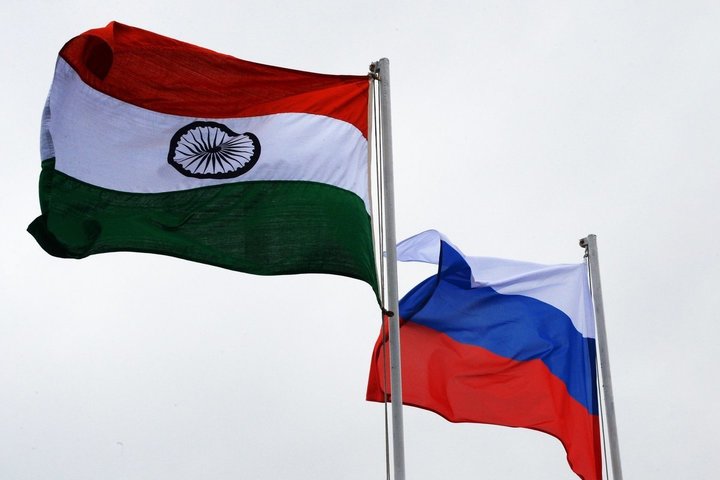
Indian Prime Minister Narendra Modi announced the opening of a new consulate in Russia in Kazan. This decision will open up new opportunities both for Tatarstan and for the country as a whole Dean of the Higher School of Oriental Studies, which is the Eastern unit of the Institute of International Relations of Kazan Federal University Elmira Khabibullina said in a conversation with Realnoe Vremya. According to her, the Consulate General can become a door for Russian tourist traffic to India. If we talk about Russian-Indian relations in general, they are experiencing a period of prosperity, the expert noted. Read more about it in a report of Realnoe Vremya.
New consulate and strengthening ties
The visit of Indian Prime Minister Narendra Modi to Moscow was marked not only by the traditional Russian-Indian summit but also by a statement on strengthening bilateral relations. Modi, who arrived in the Russian capital on Monday, 9 July f, announced the opening of two new Indian consulates in the Russian Federation — in Kazan and Yekaterinburg.
He expressed his willingness to share other good news — the opening two new consulates in Russia. This will facilitate travel and business cooperation, the prime minister said.
Speaking on India-Russia relations Narendra Modi emphasised the “special privileged strategic partnership” between the two countries, which has advanced significantly in the last 10 years. He noted achievements in energy, security, trade, investment, health, education, culture, tourism and interpersonal communication. According to the Indian prime minister, India and Russia play an important role in maintaining peace and stability in the region.
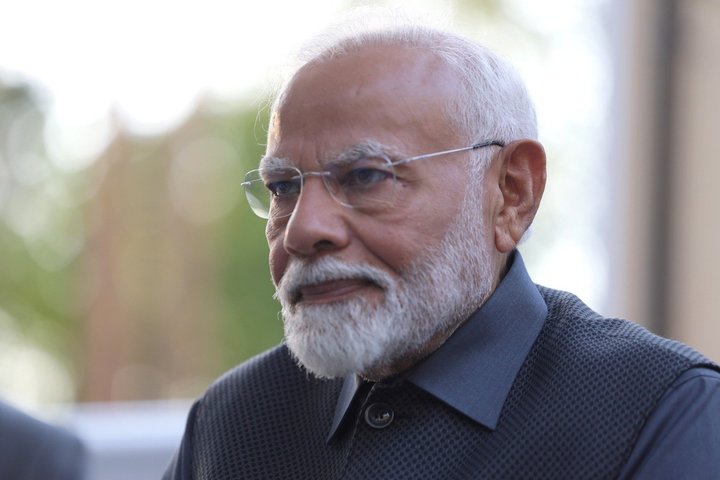
It is noteworthy that this year Modi will come to Russia again — he accepted the invitation of Russian President Vladimir Putin to come to the BRICS summit that will be held in Kazan on 22-24 October.
Consulate as a bridge to new opportunities
“We cannot probably say that this is surprising or unexpected news,” Dean of the Higher School of International Relations and Asian Studies at the Institute of International Relations of KFU Elmira Khabibullina commented on the announcement of the opening of the Indian consulate for Realnoe Vremya. “After all, the consulates general of China, Iran, Turkey, Kazakhstan, Uzbekistan, Turkmenistan and Kyrgyzstan have been successfully operating in Kazan for many years.”
According to her, such a step “opens up new opportunities both for Tatarstan and for Russia in general.”
“The Republic of Tatarstan is an attractive region for investors. And it is not only attractive but also quite successful and ambitious. The activities of the new consulate will help speed up and facilitate the necessary procedures, resolve visa issues and much more,” the expert noted.
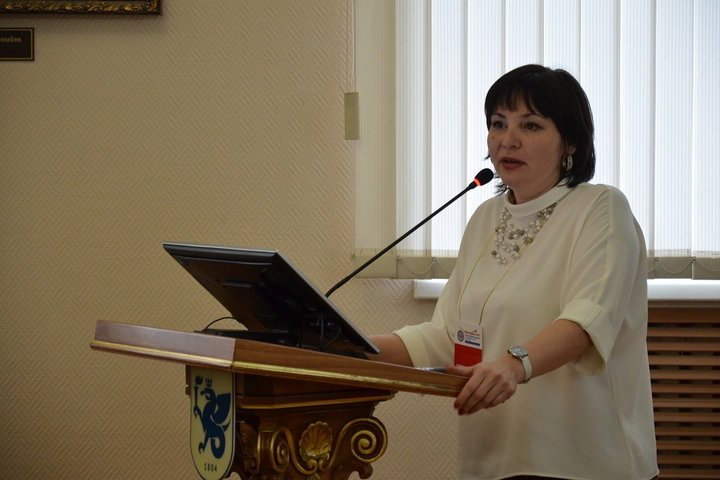
In turn, India will have the opportunity to increase the influx of Russian tourists:
“India is a country that attracts Russian tourists. The consulate general will become a kind of door for this tourist flow,” emphasised Elmira Khabibullina.
Student exchange
The opening of the consulate will also be a new lease of life for student and cultural exchange between students, says the dean of the Higher School of International Relations and Asian Studies. Today, more than 100 students from India are studying at Kazan Federal University.
The following specialties are attractive for Indian students of KFU:
- bioengineering;
- pharmacology;
- robotics;
- engineering.
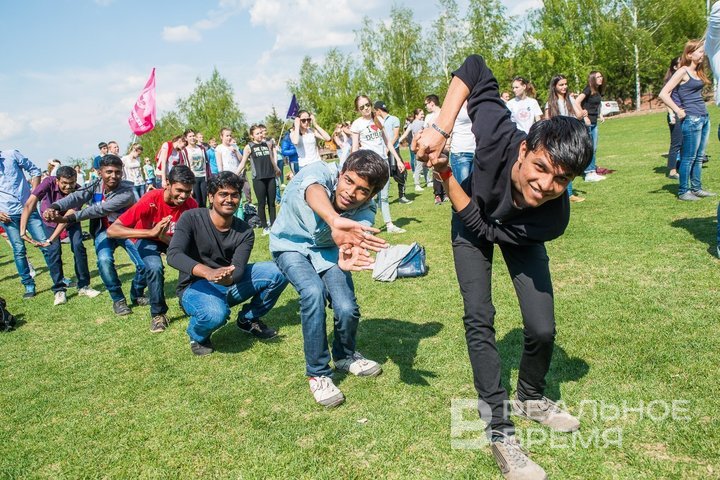
There are also students choosing international relations, Oriental studies and Russian as a foreign language.
“It is worth noting that the Institute of International Relations of KFU operates as a India Research Centre; students have the opportunity to study Hindi in various areas of training. In Oriental and African Studies, experts in Oriental and Indian studies obtain a comprehensive training,” said Elmira Khabibullina.
Benefits of cooperation between the countries
As for Russian-Indian strategic cooperation, it has been successfully developing for 77 years. During the USSR era, Moscow actively invested in the development of the Indian economy, education and industry and also implemented large-scale programmes in military-technical cooperation, recalled the dean of the Higher School of International Relations and Oriental Studies.
“Today Russia and India see the results of many years of bilateral cooperation in various fields, including international politics. Traditionally, Moscow and New Delhi stand for strengthening national sovereignty and refusing to interfere in each other’s affairs. Russia and India mutually respect each other's interests in international relations and emphasise equality in relations both with each other and with other countries. The countries agree on one more issue: both countries are interested in forming so a polycentric system in international relations, a system where interaction is founded on several large regional centres of power," says Elmira Khabibullina.
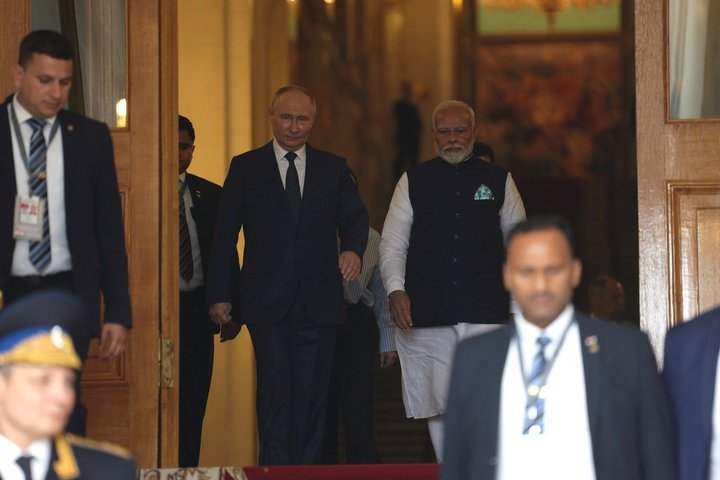
In the future, the interaction of countries will help strengthen each other at various international platforms and resist the pressure of external forces.
“India is also interested in developing economic relations, more precisely, in the energy sector. Keeping the course of established and successful mutually beneficial economic cooperation will help the implementation of Russian-Indian economic dialogue in such areas as transport infrastructure, agriculture and agricultural processing, support for small and medium-sized businesses, digital transformation and advanced technologies, industrial and trade cooperation, the expert concluded.